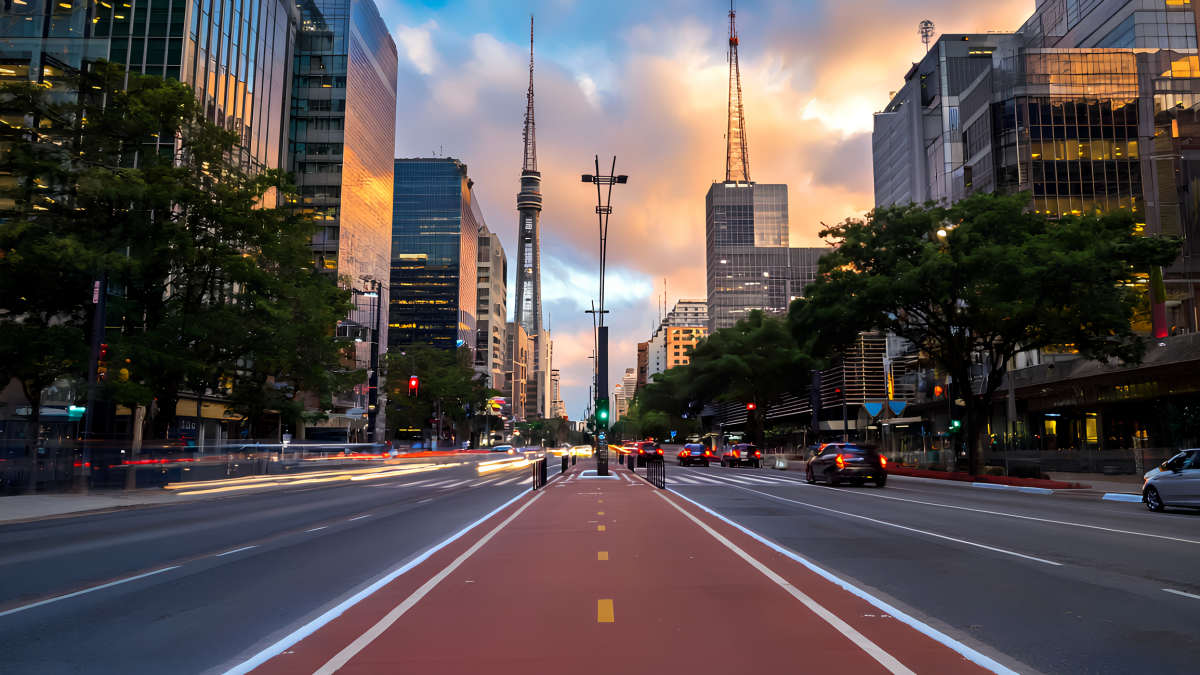Experts Warn Rising Sea Levels Could Submerge Nearly 100 Million Buildings Worldwide

Whether North or South, planet Earth is one singular home that cradles all humans. There is no real divide, except in the record books of scientists and governments who classified the globe's pieces for the convenience of organization. However, in the past two centuries, a cunning plotter has been secretly playing on this divide, feeding on it as a fuel to establish its dominion over the entire planet. As a result, both the Global North and the Global South are currently grappling with devastated environments, the South being more vulnerable than the North. A new study published in npj Urban Sustainability documented the catastrophic influence of the rising sea levels, which are threatening to flood the Global South and swallow up more than 100 million of its buildings.

On the rim, Earth's magnetic field is weakening, thanks to the dissipating ozone layer and loopholes like the South Atlantic Anomaly. Polar ice caps are melting, deserts are expanding, and the glacial valleys are losing their defensive dam barriers. Volcanoes are exploding without warning. And, no one can forget the Californian wildfires that ravaged millions of homes early this year. As all these essential planetary systems become destabilized, the planet tends to get thrown off balance. Due to its limited resources, shrinking economy, and unprotected climate features, the Global South is vulnerable to all these triggers as compared to the Global North.

As the urban-dwelling residents of the Global North gravitate towards industrialization, the amplifying scale of carbon emissions rolls towards the territories of the Global South, where countries like India, China, Indonesia, and others become the tottering victims of this smoke-laced burden. To make matters worse, NASA satellites recorded alarming images of sea levels rising to about 7 to 8 inches higher as compared to what they were centuries ago.

And even though both the north and the south have high concentrations of buildings, this climate crisis has triggered a deadly feedback loop, which is slowly plundering both ecosystems by employing a tricky “divide and conquer” strategy. Like a house set on fire, the rising temperature has triggered a chain reaction wherein the accelerating industrialization of the Global North is wreaking havoc on the lush environments of the Global South, an effect that ripples back towards the north. Fair Planet dubbed this “climate colonialism.” While humans can pack their stuff in suitcases and flee to safety, buildings, unfortunately, don’t have this privilege. If a building desires to survive, its only hope lies in whether or not humans will put restraints on their activities. Because, even in the most optimistic scenario, the sea levels are expected to rise by 0.5 metres, which will likely gobble up 3 million buildings in the Global South.

In this study, McGill scientists explored this insidious creeping of seawater and how it will affect the infrastructure of the global South. By 2100, they found, almost the entire southern territory will be crushed under the weight of chugging waters. By 2150, they predicted, the Global South would witness a significant loss of coastal buildings, roads, and assorted infrastructure. “Sea level rise is a slow, but unstoppable consequence of warming that is already impacting coastal populations and will continue for centuries,” Natalya Gomez, study co-author, said in a press release.

If the prediction turns out to be true, it wouldn’t just dip away the Southern Hemisphere in a whirlpool of feral, uncontrolled waters. Once the South gets drowned in the slurry, the climate crisis monster will eventually guzzle down the Global North too. As Gomez said, this monster is unstoppable. This, however, doesn’t imply that it can’t be vanquished. All it needs is a bit of awareness. One less tree chopped, one ounce less car fuel burnt, one less box of plastic bought, one less pack of crackers charred into toxic haze. All it takes to defeat this monstrous climate crisis is just one little thing.
More on Green Matters
While The World Is Battling Rising Seas, Greenland Is Facing An Unusual Problem
Climate Change Caused By Humans Drives Its First Victim Into Extinction
Climate Change Is Sinking a Small Pacific Island, Leaving Its People With No Choice But To Flee